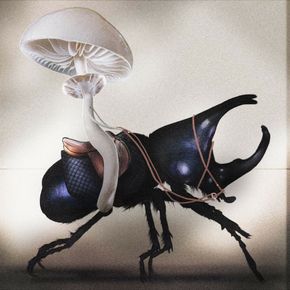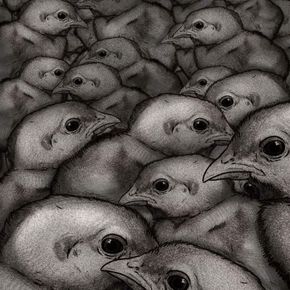Russia, Ecuador and the banana scandal, and Korea focuses on halal
The South Korean authorities have decided to focus on the global halal industry, which meets the dietary and lifestyle requirements of approximately 1.8 billion Muslims worldwide. According to DinarStandard, Muslim spending on halal food alone will amount to $1.67 trillion annually by 2025. The South Korean government assists domestic companies, from analysis of food ingredients to subsidies for certification fees and promotion, and these produce and export, for example, halal beef, kimchi, rice cakes, ramen noodles and cosmetics. Koreans want to capitalise on the growing demand for halal products and invest in goods permitted under Sharia law, even though they are associated with the love of, for example, alcohol and pork, and view Muslims with, at best, indifference and often with undisguised reluctance.
The deterioration of diplomatic relations between Russia and Ecuador resulted in the Russians introducing a partial ban on importing Ecuadorian bananas. Ecuador has donated some of its old Russian military equipment to the United States in exchange for new equipment worth $200 million. In response, Russia’s federal veterinary and phytosanitary inspection agency banned imports from five Ecuadorian banana producers, saying the disease had been detected in previous fruit shipments. Ecuador is the leading exporter of bananas in the world; in 2022, its sales value amounted to approximately USD 3.5 billion. Approx. ⅕ annual sales go to Russia, and at least 15 Ecuadorian banana producers can still send their goods to Russians.




























